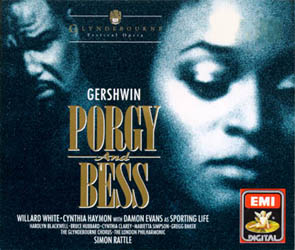

LA Opera’s 2006 production of “Porgy and Bess”
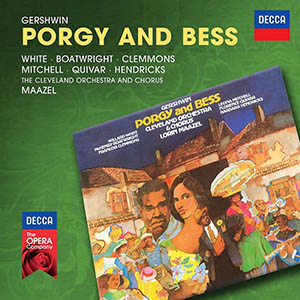
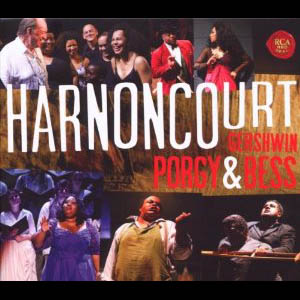
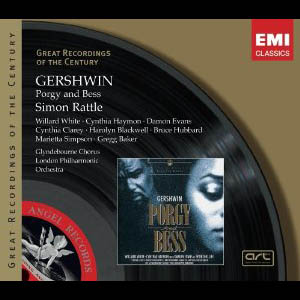
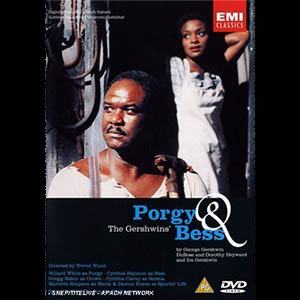
Does it :
Well… then, Porgy and Bess IS opera! But people weren’t always so sure.
Of course there were some good words after its world premiere at Boston’s Colonial Theater on September 30, 1935.
[note color="#FFCC00"]“… a great advance in American opera…”
(Serge Koussevitzky, conductor)
Gershwin “… has traveled a long way from Tin Pan Alley and must now be accepted as a serious composer…”
(Boston Evening Transcript)[/note]
Another predicted that of Gershwin’s major works, Porgy and Bess would be “the first to go.” The New York Herald Tribune called the music “…only half alive. Its gorgeous vitality of rhythm and of instrumental color is impaired by melodic and harmonic anemia of the most pernicious sort. How trite and feeble and conventional the tunes….”
Virgil Thomson, critic/composer wrote that he and America’s other composers “never could compete with Gershwin for distribution, nor he with us for intellectual prestige.” But give him credit for belatedly turning around: “Gershwin does not even know what an opera is… and yet Porgy and Bess is an opera and it has power and it has vigor.”
Unfazed, George Gershwin faced his critics head-on and with unwavering faith in his opera wrote in the New York Times:
“I am not ashamed of writing songs at any time so long as they are good songs. In Porgy and Bess I realized I was writing an opera for the theater, and without songs, it could neither be of the theater nor entertaining from my viewpoint.
But the songs are entirely within the operatic tradition. Many of the most successful operas of the past have had songs. Nearly all of Verdi’s operas contain what are known as “song hits.” Carmen is almost a collection of song hits….”
Indeed the general public’s familiarity with Porgy and Bess was gained through the many pop renditions (on recordings and on the commercial theater stage) of its wonderful “song hits”
But how wrong the naysayers were! Today Gershwin prevails, the final verdict nicely summed up in a recent Viking’s Opera Guide:
… Even with its minor imperfections and infelicities acknowledged, Porgy stands as the most vital and completely successful of American operas. One of the great might-have-beens of 20th century music is the thought of the scores that Gershwin could have gone on to write if he had lived beyond the age of 38.
Gershwin himself called Porgy and Bess a folk opera - a folk tale in which people would naturally sing folk music. The tale is about a crippled beggar, who roamed the streets of Charleston, South Carolina in a goat-cart, and his love Bess. It is drawn from a novel by DuBose Heyward about life and death, hope and despair in a black community called Catfish Row. From the moment he set eyes on the novel in 1926, Gershwin knew it was material for grand opera - his opera. And in the writing of it, which he began in 1934, he held himself to very high standards:
“If I am successful it will resemble a combination of the drama and romance of Carmen and the beauty of Meistersinger.”
Did Gershwin succeed? Opera being opera, the question is certain to ignite passionate discussion even today. But of course Gershwin succeeded. If only he had lived long enough to see Porgy and Bess performed on the same stage as Bizet’s and Wagner’s works….
[/note]
- © GCajipe/FanFaire
In background: Clip from the song Summertime, sung by soprano Harolyn Blackwell